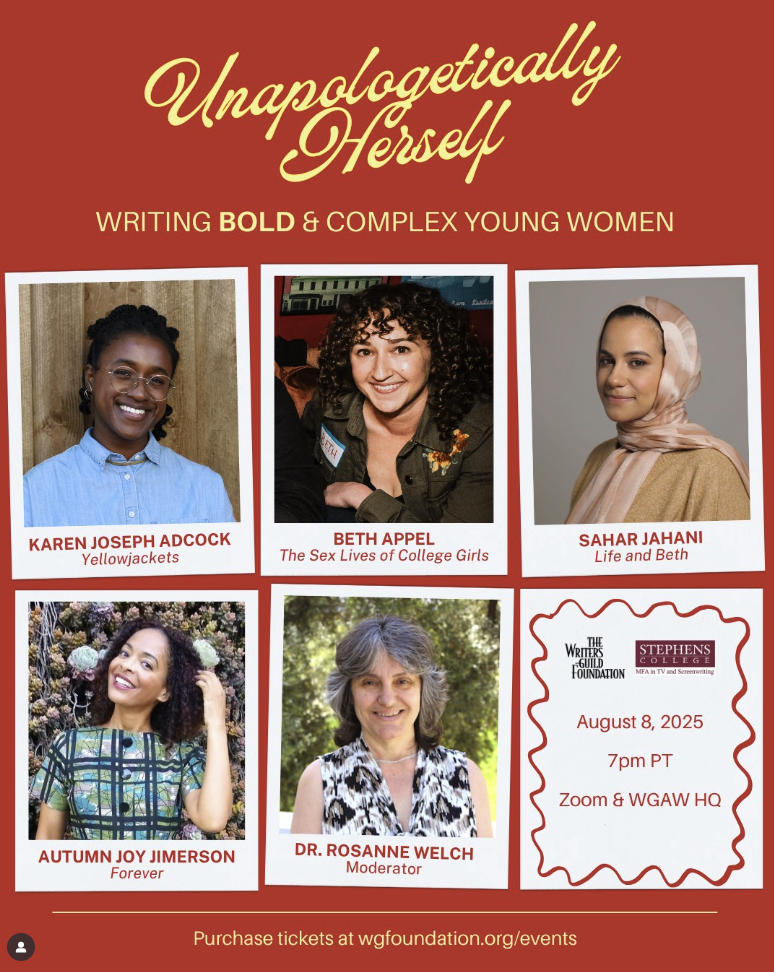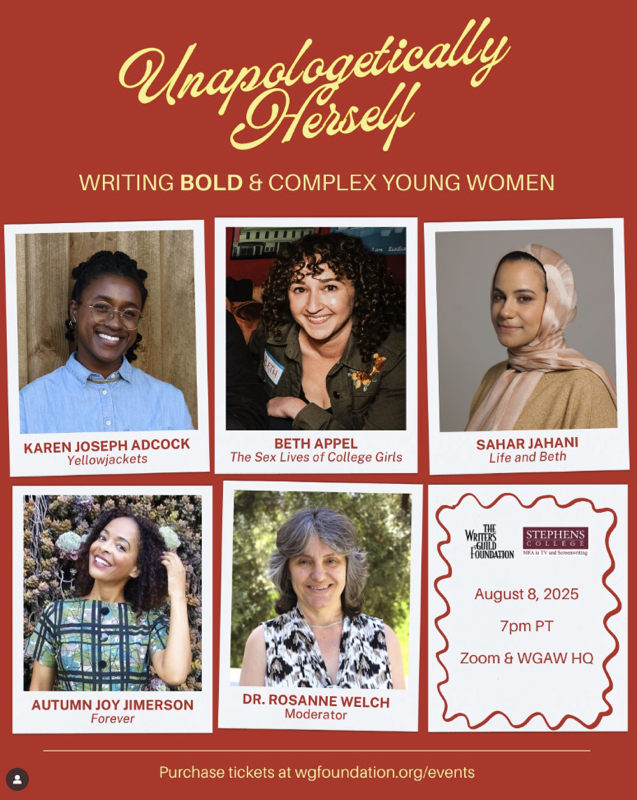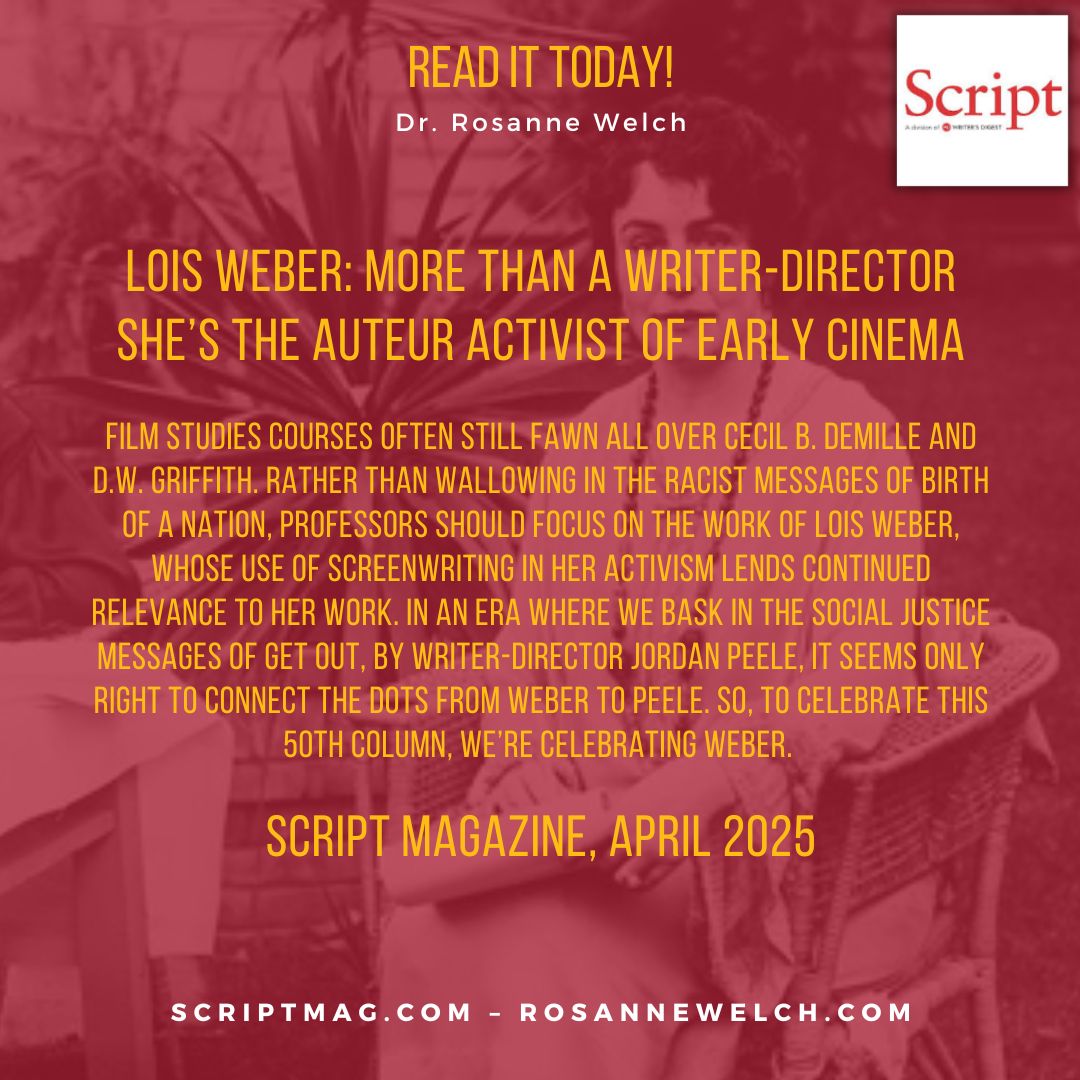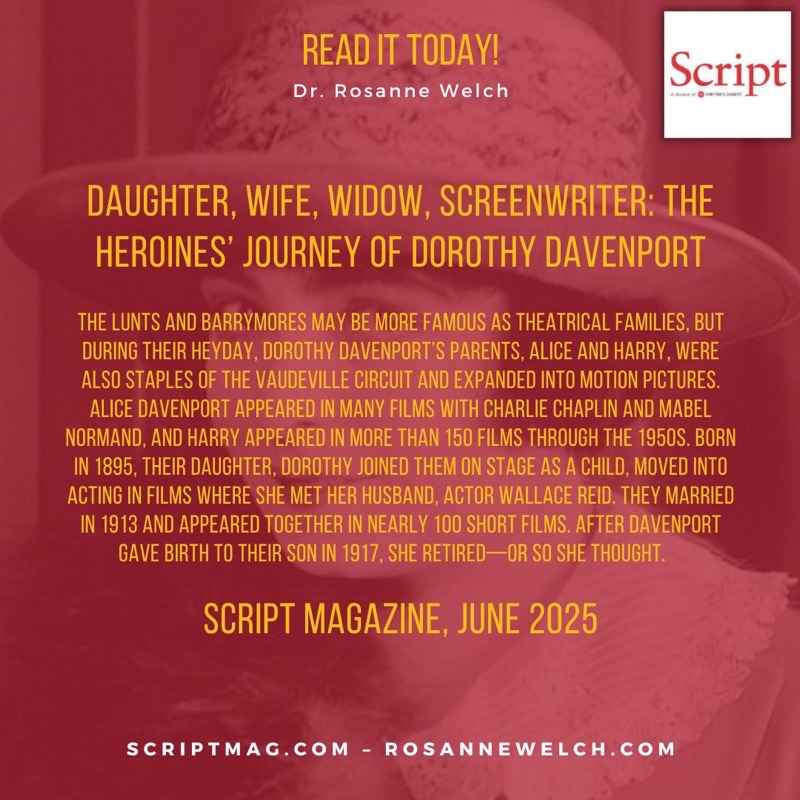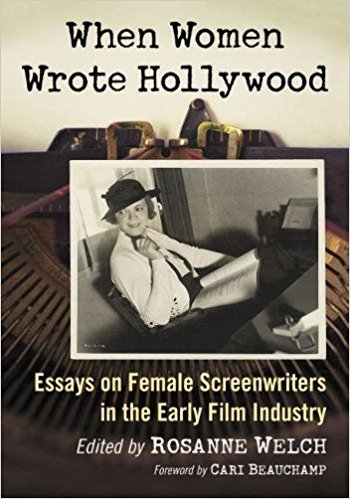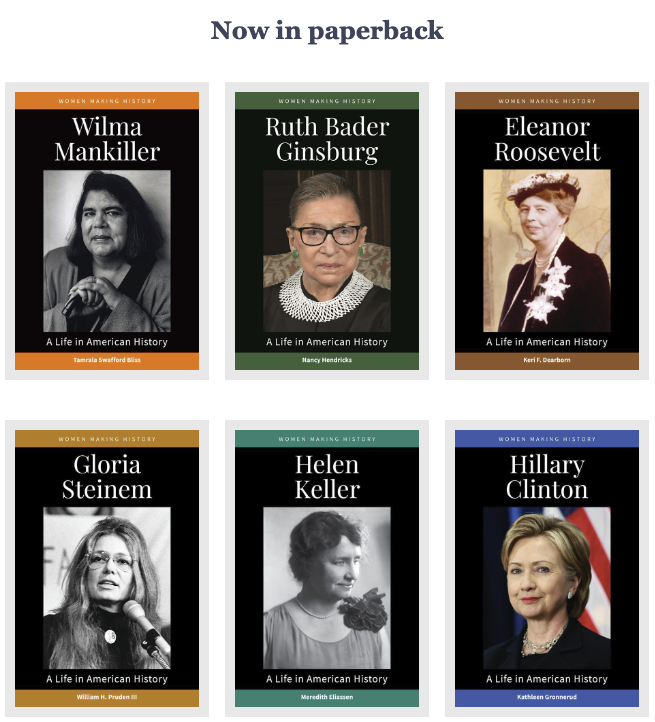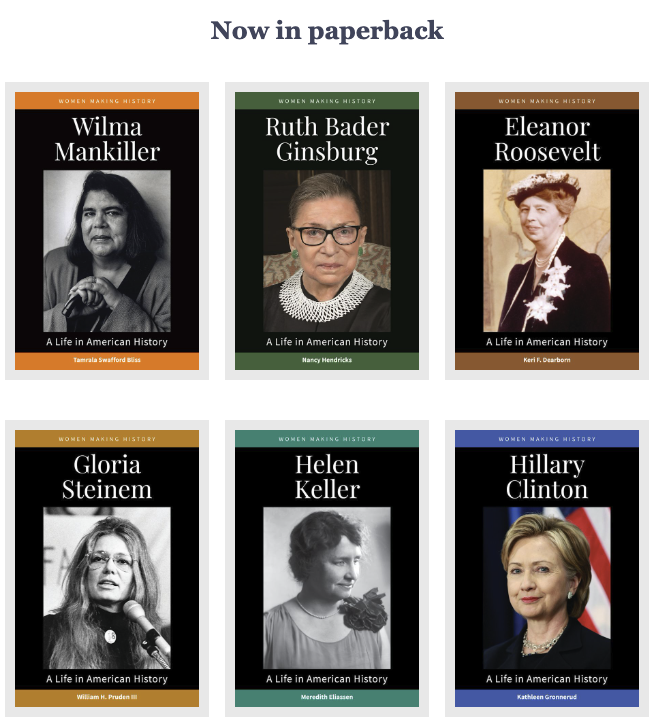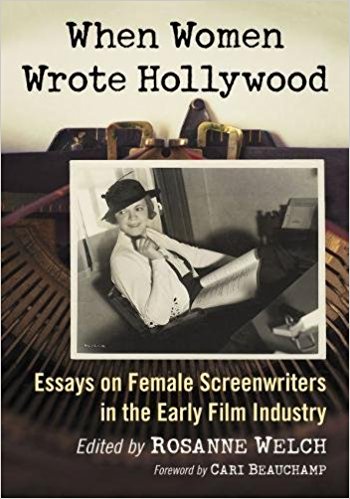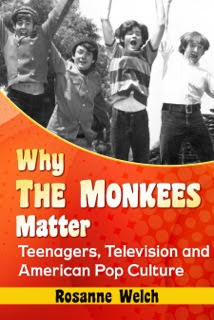Unapologetically Herself: Writing Bold and Complex Young Women
During every MFA Residency Workshop I moderate a panel of writers – often proudly including one of our MFA alums – and this August we’re doing it again. Join us on Friday, August 8, 2025 from 7:00 PM 8:30 PM at the Writers Guild Foundation (7000 West 3rd Street Los Angeles, CA, 90048) for:
Unapologetically Herself: Writing Bold and Complex Young Women
We’ll explore how writers develop these strong characters, how to approach sensitive scenes intentionally, and how they navigate nuances of character personalities, behaviors, and motivations.
Panelists include:
- Karen Joseph Adcock – Yellowjackets
- Beth Appel – The Sex Lives of College Girls
- Sahar Jahani – Life and Beth (MFA alum!)
- Autumn Joy Jimerson – Forever
- Dr. Rosanne Welch – Moderator/Executive Director, Stephens College MFA in TV and Screenwriting
Get tickts for this WGA Panel Discussion
And if you’d like to see some of our previous WGA panels you can find them on our MFA Website
